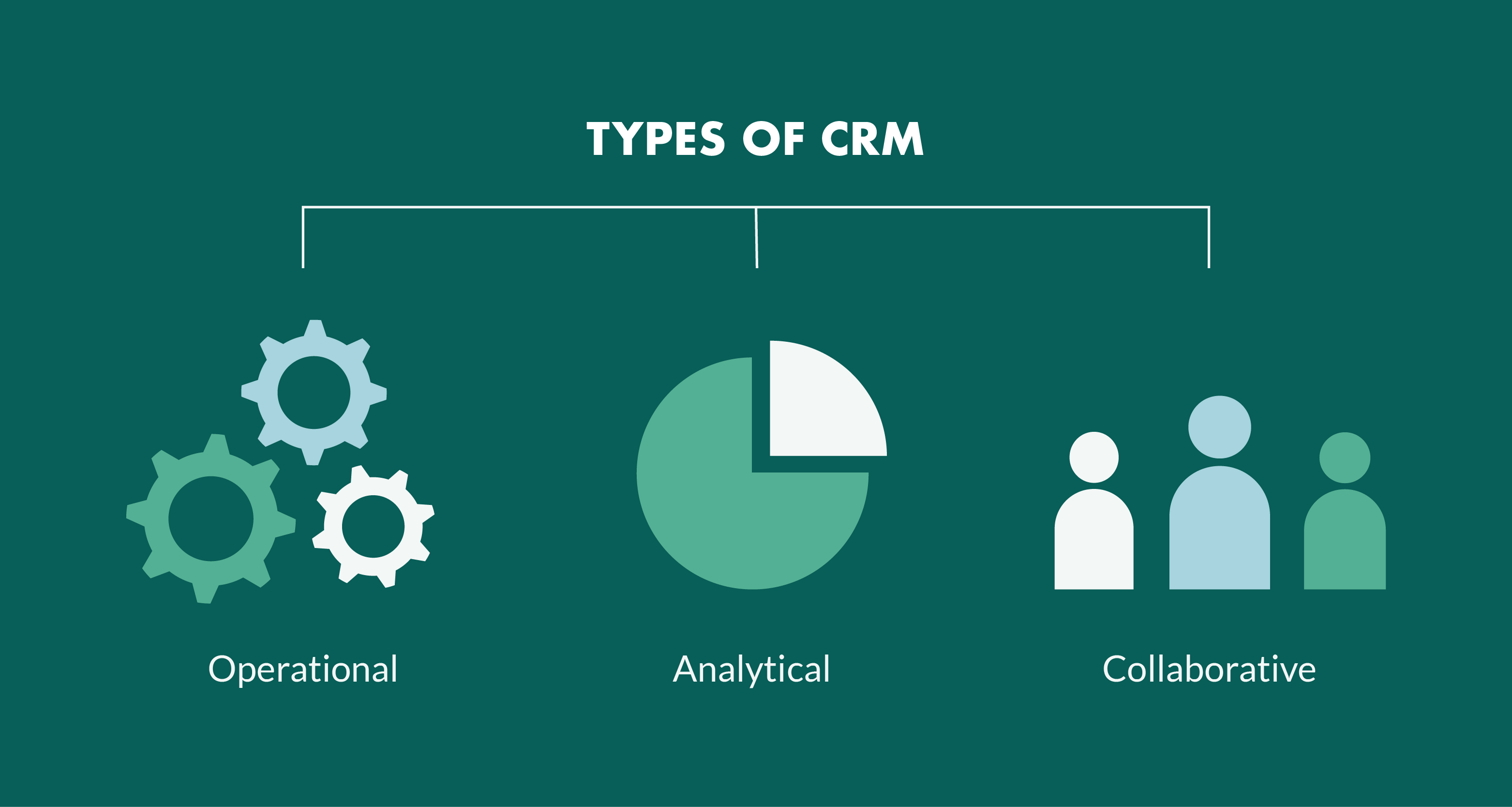Customer Relationship Management (CRM) refers to the strategies, tools, and processes businesses use to build and maintain strong relationships with their customers and potential clients.
At its core, CRM is about understanding customer needs, tracking interactions, and fostering loyalty to drive business success. It combines human efforts with advanced technology, typically software platforms, to organize and optimize every stage of the customer journey, from initial outreach to post-sale support.
Purpose of CRM
CRM’s primary goal is to enhance customer satisfaction while improving business efficiency and profitability. By centralizing customer data, businesses gain insights into preferences, behaviors, and purchasing patterns.
This enables personalized marketing, streamlined sales processes, and responsive customer service.
CRM systems also help teams collaborate effectively, ensuring consistent communication across sales, marketing, and support departments.
For example, a retail company might use CRM to track a customer’s purchase history, recommend tailored products, and resolve complaints quickly, creating a seamless and satisfying experience.
Types of CRM Systems

CRM systems come in various forms, each designed to address specific business needs:
- Operational CRM: Focuses on automating and improving customer-facing processes, such as sales pipelines, marketing campaigns, and service ticketing. For instance, it might automate follow-up emails after a customer inquiry.
- Analytical CRM: Emphasizes data analysis to uncover trends and predict customer behavior. It uses tools like dashboards and reports to guide strategic decisions, such as identifying high-value customers.
- Collaborative CRM: Enhances communication between departments and external partners, like distributors, to ensure a unified approach to customer interactions. This is useful for businesses with complex supply chains.
Some platforms combine these functions, offering all-in-one solutions tailored to different industries.
Benefits of CRM
Implementing a CRM system delivers numerous advantages:
- Stronger Customer Relationships: Personalized interactions and timely follow-ups build trust and loyalty.
- Increased Efficiency: Automating repetitive tasks, like data entry or email scheduling, frees up time for strategic work.
- Data-Driven Insights: Detailed analytics help businesses identify opportunities, optimize campaigns, and forecast sales.
- Improved Collaboration: Centralized data ensures all teams have access to the same customer information, reducing miscommunication.
- Scalability: CRM systems grow with businesses, supporting expansion without sacrificing service quality.
For example, a small business using CRM might notice a 20% increase in repeat purchases after targeting customers with personalized offers based on their data.
Key Features of CRM Software
Modern CRM platforms offer a range of tools to support business goals:
- Contact Management: Stores customer details, such as names, emails, and interaction histories, in one place.
- Lead and Opportunity Tracking: Helps sales teams prioritize prospects and monitor deals through the sales funnel.
- Marketing Automation: Enables targeted campaigns based on customer segments, like email blasts or social media ads.
- Customer Service Tools include ticketing systems and chatbots to resolve issues efficiently.
- Reporting and Analytics: Provides visualizations, such as sales trends or customer satisfaction scores, to inform decisions.
- Mobile Access: Allows teams to manage tasks on the go, which is critical for field sales or remote work.
Popular platforms like Salesforce, HubSpot, and Zoho CRM integrate these features, often with customizable options for specific industries.
Modern Trends in CRM
As of 2025, CRM systems have evolved significantly, driven by technological advancements:
- Cloud-Based Solutions: Most CRM platforms are now hosted in the cloud, offering flexibility, automatic updates, and lower upfront costs than traditional on-premises systems.
- Artificial Intelligence (AI): AI-powered CRM tools analyze vast datasets to predict customer needs, recommend actions, and automate responses. For instance, AI chatbots can handle routine inquiries 24/7.
- Mobile and Remote Access: With hybrid work models, mobile CRM apps enable teams to access data and collaborate from anywhere.
- Integration with Other Tools: CRM systems now connect seamlessly with accounting software, e-commerce platforms, and social media for a holistic view of customer interactions.
These trends make CRM more accessible and powerful, even for small businesses with limited resources.
Conclusion
Customer Relationship Management is vital for businesses aiming to thrive in a competitive landscape. By leveraging CRM strategies and software, companies can deepen customer connections, streamline operations, and make smarter decisions.
Whether a startup uses HubSpot to nurture leads or a multinational relies on Microsoft Dynamics 365 for global operations, CRM empowers businesses to put customers at the heart of their success.
FAQ
What are the core functions of a CRM system?
A CRM system centralizes customer data, manages sales pipelines, tracks communications (calls, emails, meetings), automates follow‑ups and supports marketing campaigns—all to build better relationships.
Who benefits from using a CRM and when should a business adopt one?
Small businesses, sales teams, customer service departments and marketers all benefit. It’s a good time to adopt a CRM when customer interactions become numerous, manual tracking causes errors or growth is hindered by lack of insight into customer data.
What features should I look for when choosing a CRM tool?
Key features include contact & lead management, activity logging, reporting & analytics, integration with email and other systems, customizable workflows, and mobile access.